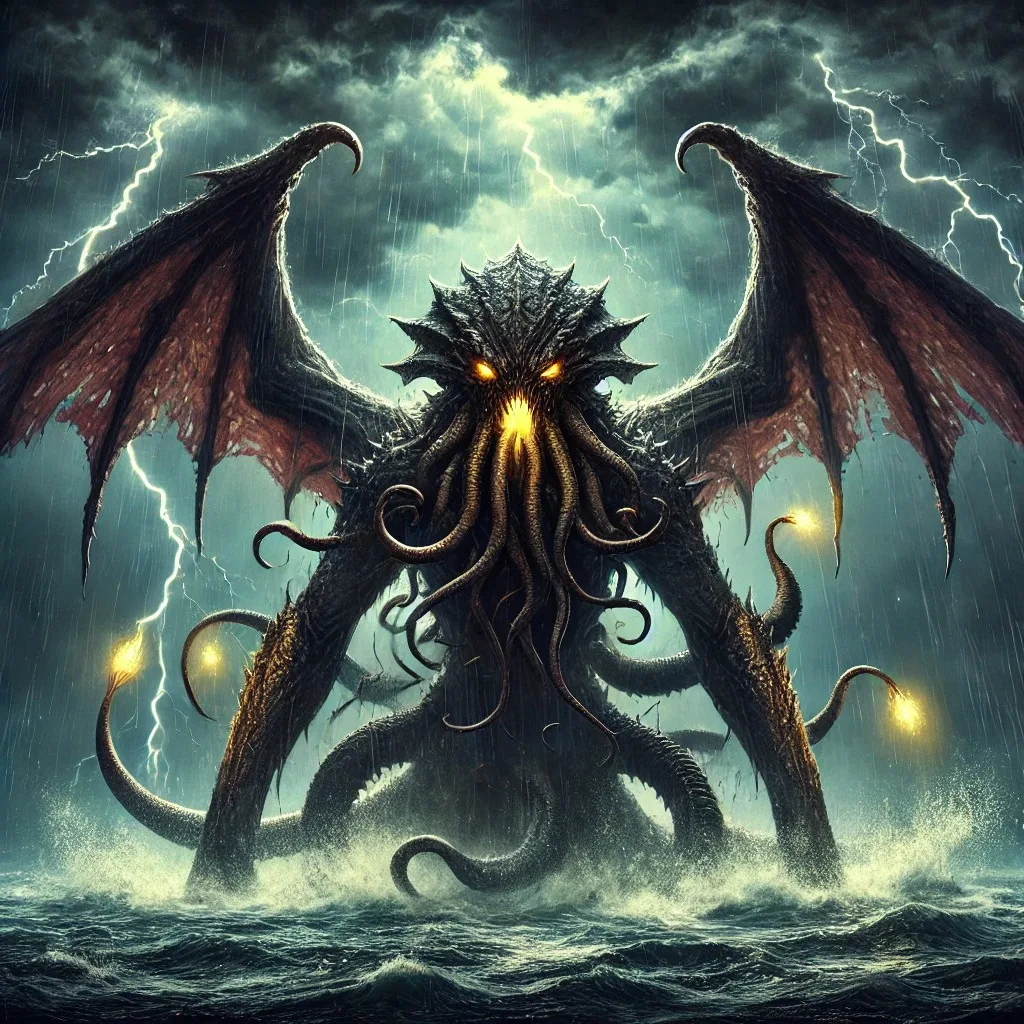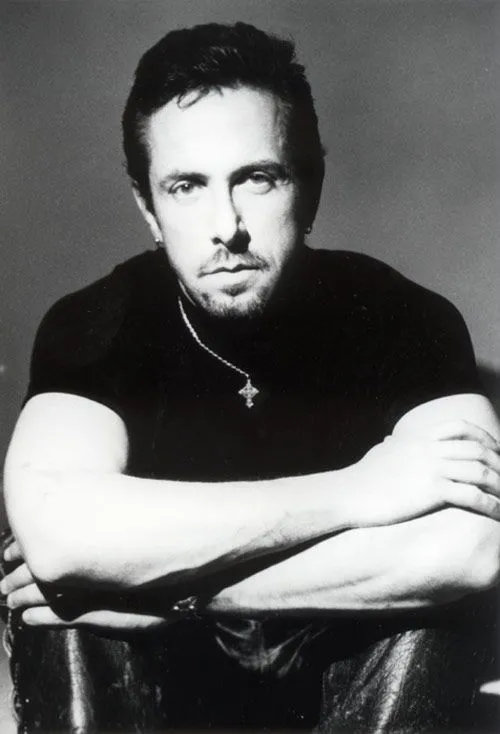Horror Literature
Horror Literature aims to evoke fear, dread, and suspense in its readers. This genre delves into our deepest anxieties. It explores the darker aspects of humanity and the unknown. Its power lies in stirring intense emotions.
Horror stories use various techniques. They build tension slowly, creating unease. Jump scares can provide sudden shocks. Psychological horror plays on the mind’s fears. Supernatural elements are often present. Monsters, ghosts, and demons feature prominently. Other stories focus on real-world terrors. Serial killers, psychological torment, and societal decay appear. The goal is to confront uncomfortable truths or fantasies.
Master authors have shaped the genre. Edgar Allan Poe pioneered psychological terror. H.P. Lovecraft explored cosmic dread. Stephen King brought horror to mainstream audiences. Shirley Jackson crafted chilling domestic nightmares. Horror Literature provides an escape into thrilling fear. It allows readers to safely confront their darkest imaginings.

The Cthulhu Mythos
The Legacy of Lovecraft: Exploring the Cthulhu Mythos H.P. Lovecraft’s Cthulhu Mythos revolutionized horror by introducing the concept of cosmic horror, a genre that highlights humanity’s insignificance in a vast, indifferent universe. Unlike traditional horror that relies on good vs. evil conflicts, Lovecraftian horror explores knowledge so overwhelming that it drives people to madness. The…


